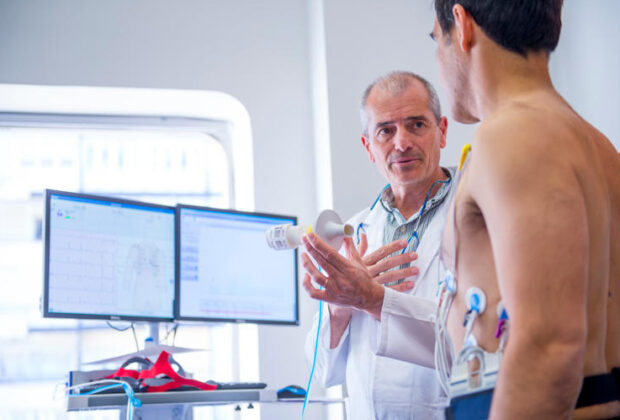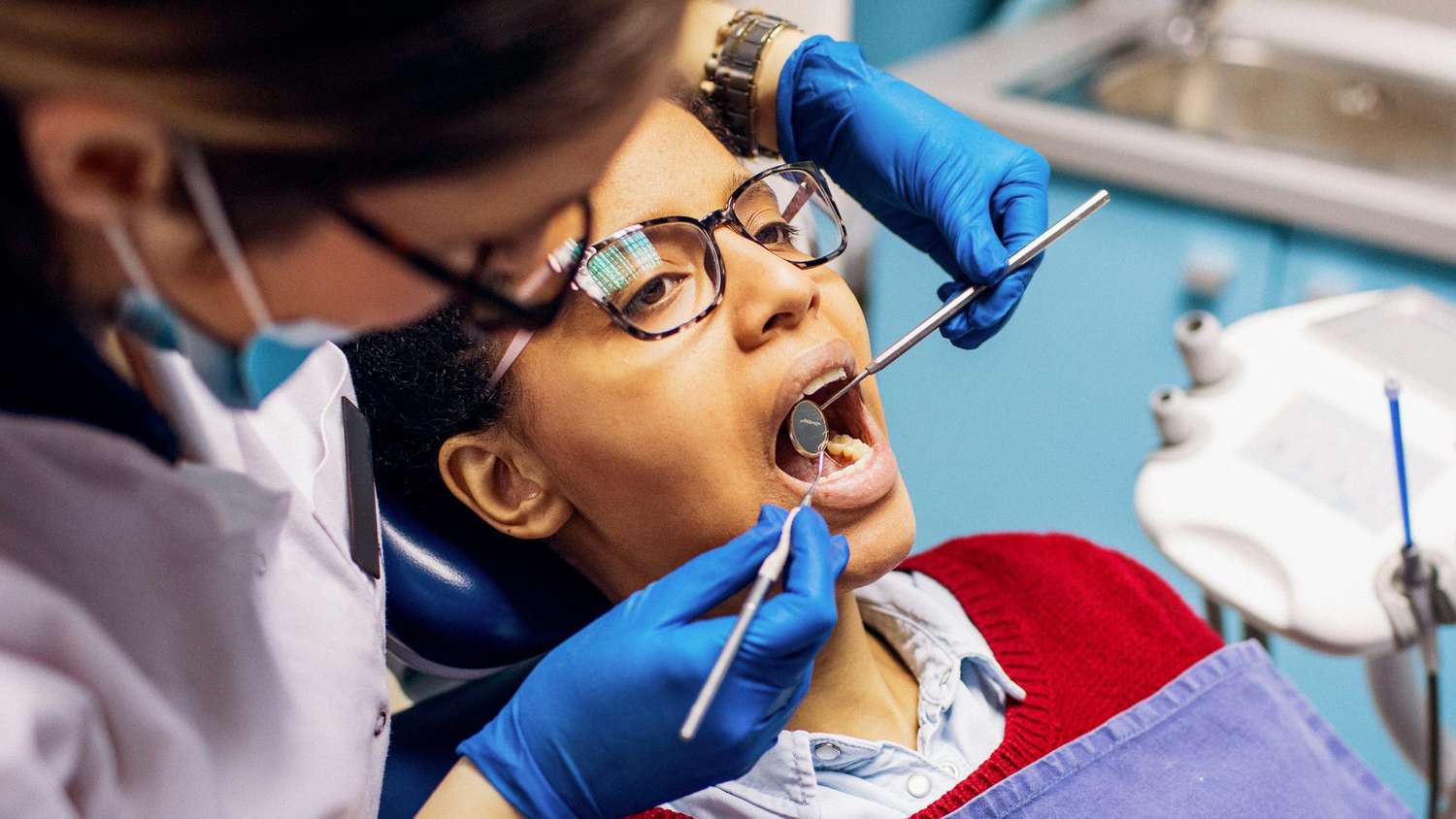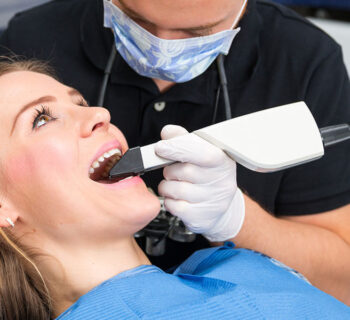Imagine this: you're strolling through the sophisticated streets of the Upper East Side when you suddenly feel an odd discomfort in your leg. You look down to see a tangled web of bulging, bluish veins - varicose veins. Panic sets in, but hold on. That's when you need to remember the role of a cardiologist. They are the heart and blood vessel detectives, the ones who can unravel the mystery that your body presents. With a condition like 'varicose veins Upper East Side', a cardiologist is your go-to guide, helping you understand, control, and overcome such cardiovascular issues, directing you towards a healthier path in life.
Cardiologists: The Human Heart Experts
Cardiologists are doctors with special training and skill in finding, treating and preventing diseases of the heart and blood vessels. They study the electrical pathways in your heart, check for irregular rhythm - the heart's beat - and blood flow. They are like the Sherlock Holmes of the medical field, solving the intricate mysteries of cardiovascular system.
Understanding Varicose Veins
Varicose veins are gnarled, enlarged veins - not exactly a sight to behold. They might appear twisted and bulging, often like cords on your legs. Quite apart from their unpleasant appearance, they can also cause significant discomfort and health complications. They're often a sign of weakness or damage in the vein walls.
Why See a Cardiologist for Varicose Veins?
Now, you might wonder: 'It's just veins, why do I need to see a heart expert?' Well, varicose veins are part of the cardiovascular system. A cardiologist, with their in-depth knowledge of the intricacies of blood flow and vessel structure, is equipped to provide the most effective treatment plans.
How Can a Cardiologist Help with Varicose Veins?
The first step a cardiologist takes is diagnosis. They may use an ultrasound to assess the blood flow in your veins and identify the cause of the enlargement. They will then recommend a treatment plan tailored specifically for you. This might include lifestyle modifications, medications or even surgical procedures if necessary.
Your Part in Your Own Heart Health
Even with the invaluable help of a cardiologist, your own role in maintaining your heart health is vital. Regular exercise, a balanced diet, and quitting smoking are some steps you can take towards a healthier heart.
The Conclusion
So, the next time you spot those alarming varicose veins while walking the chic lanes of the Upper East Side, remember this: you're not alone. Your cardiologist is your ally in your journey towards cardiovascular health. They are the detectives ready to solve the mystery of your body's signals and guide you towards a healthier path.














